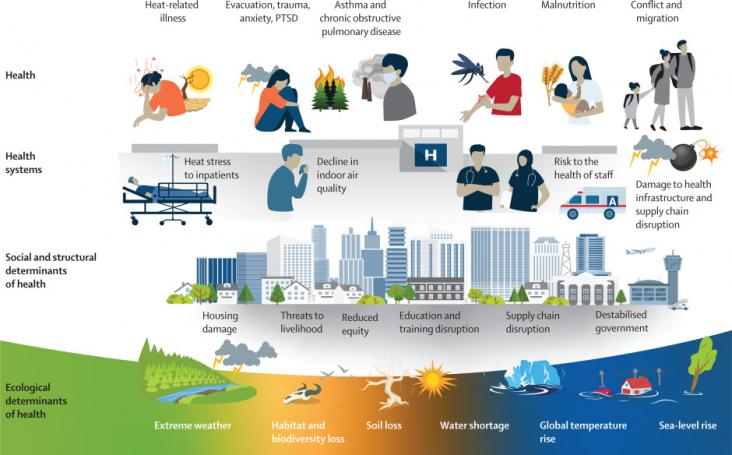Instresting paper on Mediterranean river microplastic pollution
This article supports SDGs 7 and 13 by achieving the efficient CO2 capture via connecting a packed bubble column (S-PBC) contactor in series, combined with machine learning and multi-objective optimization based on Enhanced Weathering (EW) technology.
This article advances SDG # 13, 1 and 11 by identifying ways to meet the dual objectives of poverty eradication and staying within the biophysical safe operating space of the climate via integrated policy packages supporting strong economic development, ambitious educational attendance, sustainable dietary choices, low fossil fuel consumption and energy demand, and lower fertilizer consumption.
This paper synthesized current knowledge of mesoscale eddies and their impacts on the marine ecosystem across the North Pacific and its marginal Seas, across the CCS region , the northeastern North Pacific and the Bering Sea, the western boundary of the North Pacific and marginal seas, and the extratropical open North Pacific. How climate change will modify mesoscale processes remains a key open challenge.

This Personal View supports SDGs 3 and 13 by developing a framework to maximise the influence of the health community on decarbonisation and identifying practical approaches by which to implement this framework.
This Comment article supports SDGs 3 and 13 by highlighting the need for more global-level studies across different climate zones to determine the true nature of the association between temperature and Shigella infection, particularly in the context of extreme heat and heat waves induced by climate change.
Collective intelligence can be a valuable technique to engage multiple stakeholders in sharing and gathering data, and to facilitate the modeling of the health impacts of salinity.
This article supports SDG 13 and 15 by showing that fulfillment of the global climate pledges would result in increased forest land on the Tibetan Plateau
Enormous amounts of agri-food waste are generated in the open market, especially in sub-Saharan African cities. This work reports the system optimisation of the management of these open-market food wastes for producing bioenergy and value-added materials and also evaluates the environmental impacts of the selected waste processing routes. It supports decision-making on the management of food waste in developing countries furthering SDG 7, 8 &13.
This study supports SDG's 9 and 13 through its discussion of the effects of optimizing Municipal Solid Waste management systems by increasing waste collection coverage and implementing diverse streams of waste valorization, causing a decrease of atmospheric pollution.
